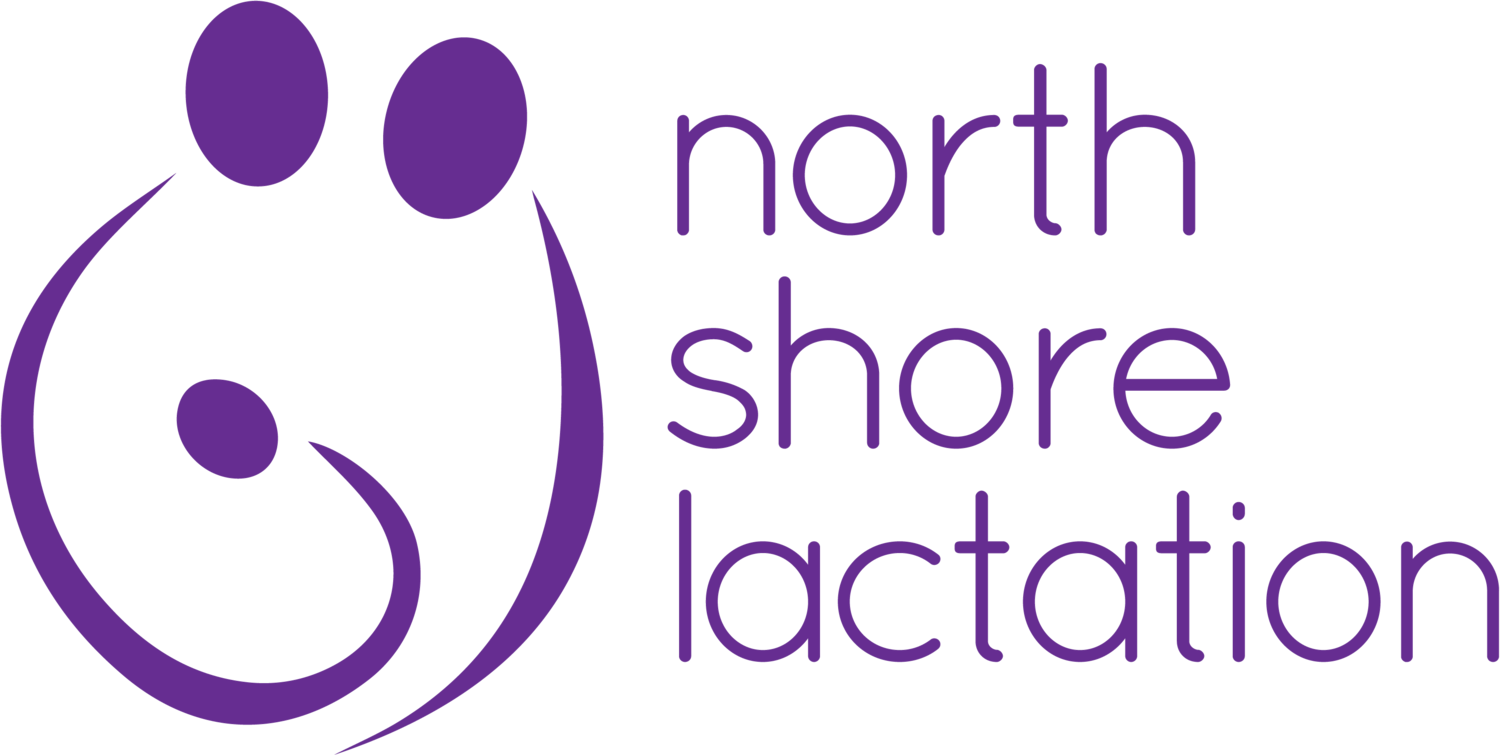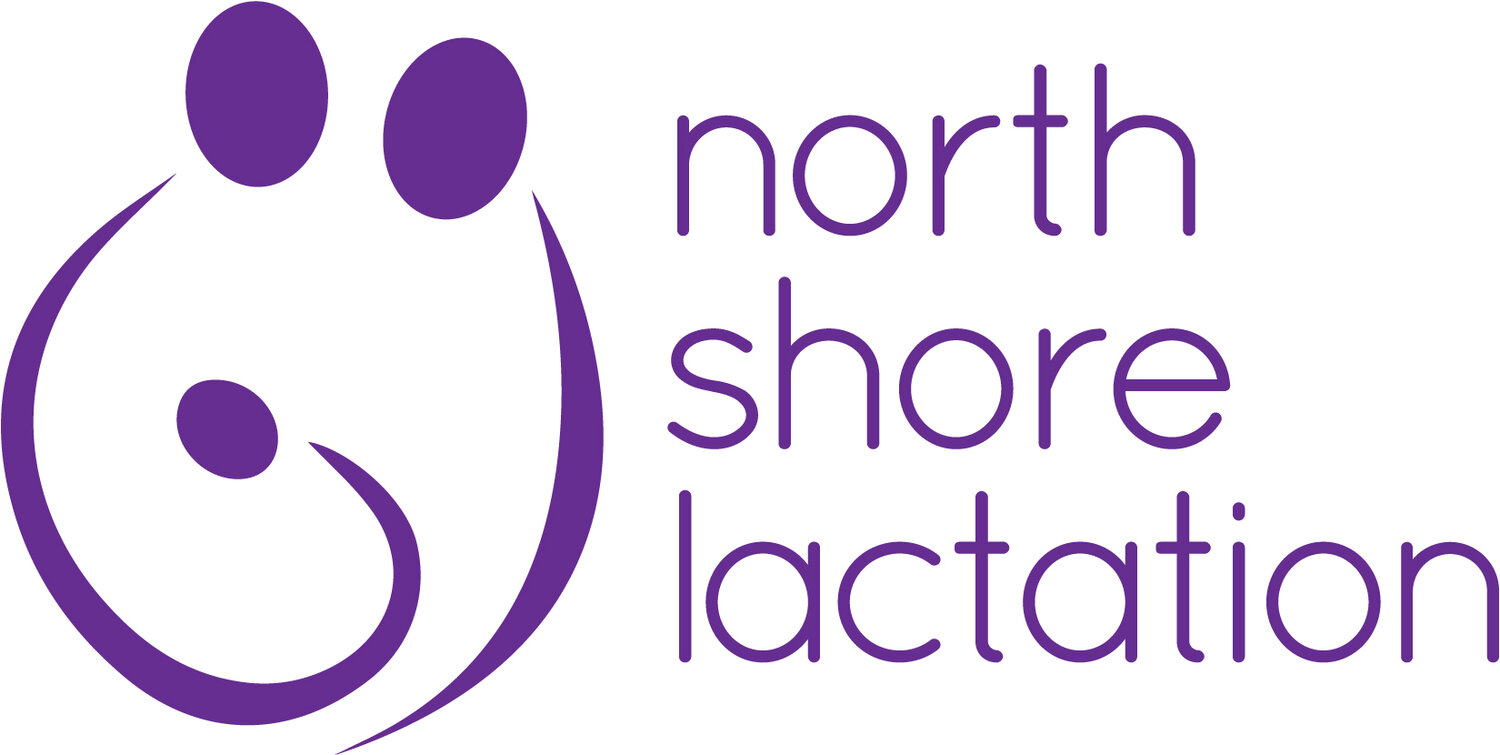What Am I Feeding My Baby? Nature’s Perfect Food
Feeding our babies is a lot of work! Do you ever wonder, “What am I feeding my baby?” Understanding the nature and composition of breast milk may put you at ease that this is all worth it!
Put simply, breast milk is a highly complex and dynamic fluid that provides optimal nutrition and various other benefits for a growing infant. While the exact composition of milk can vary based on a number of factors (such as the mother’s diet or the baby’s age), your milk will absolutely contain:
Nutrients: Breast milk contains a balanced combination of carbohydrates, proteins, and fats that are tailored to the baby's nutritional needs. It provides all the vitamins, minerals, and energy that are essential for growth and development.
Antibodies and Immune Factors: Breast milk is rich in antibodies, immune cells, and other factors that support the baby's immune system. These components help protect the baby from infections and diseases, particularly in the early months when the baby's immune system is still developing.
Enzymes and Digestive Factors: Breast milk contains enzymes that aid in digestion and nutrient absorption, making it easier for the baby's immature digestive system to process nutrients.
Hormones and Growth Factors: Breast milk contains hormones and growth factors that support the baby's overall growth, development, and organ function.
Prebiotics and Probiotics: Breast milk contains prebiotics, which are non-digestible carbohydrates that promote the growth of beneficial bacteria in the baby's gut. These bacteria, known as probiotics, play a crucial role in digestion and immune function.
Fatty Acids: Breast milk is rich in essential fatty acids, such as omega-3 and omega-6, which are important for brain and visual development.
Lipids: Breast milk contains a variety of lipids (fats), including cholesterol and specific fats that are important for brain development and overall health.
Water: Breast milk provides the necessary hydration for the baby, especially in the early days of life when the baby's fluid requirements are high.
White Blood Cells and Stem Cells: Breast milk contains white blood cells and stem cells that contribute to immune protection and tissue repair.
Hormones for Bonding: Breast milk contains hormones like oxytocin that promote bonding between the mother and the baby during breastfeeding.
It's important to highlight that breast milk is dynamic and adapts to the baby's changing needs. For this reason, and the various contents listed above, breast milk is nature’s perfect food!

